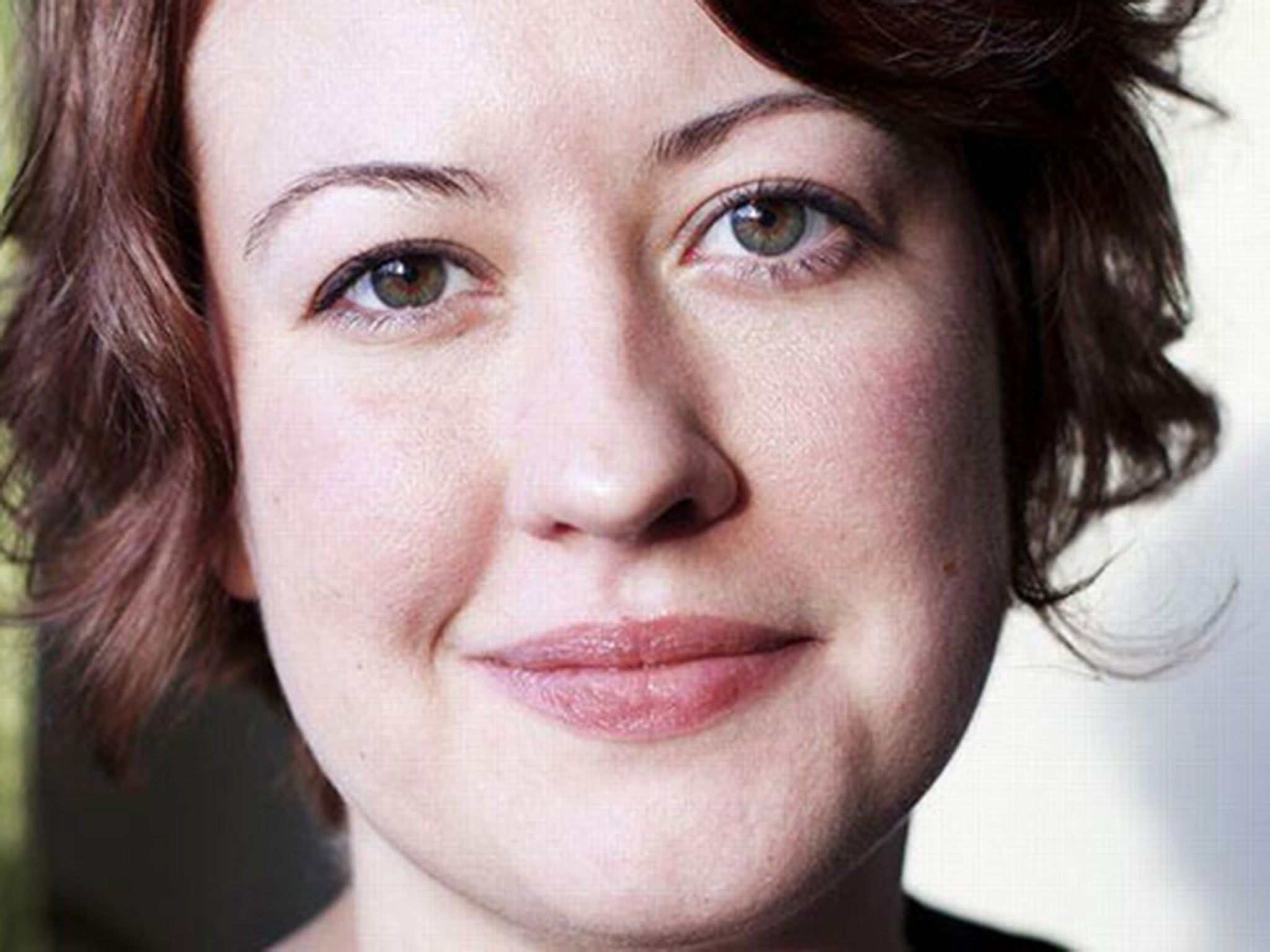The Readers of Broken Wheel Recommend by Katarina Bivald, book review: Finding solace far from home
More than anything, this is a story about community, about being needed and about belonging

“Books are meant to be better than reality. Bigger, funnier, more beautiful, more tragic, more romantic,” says Sara – the cerebral heroine. In this fragment we have not only a suggestion of Sara’s character – that of a girl accustomed to choosing the company of books over people – but also a bold declaration from the author Katarina Bivald; a statement that this is what a book should be, what she intends this very book in which you read these words, to be.
Sara, who previously has never left her native Sweden, arrives in the dilapidated town of Broken Wheel in Iowa to visit Amy. They’ve exchanged letters, and in spite of their difference in age and location (Amy is an old lady, Sara a woman in her 20s) they have bonded over books. Sara instinctively trusts Amy: “There wasn’t a chance in the world that someone who wrote on proper cream-coloured writing paper would abandon a friend in a strange town.”
Only problem is, Amy is dead, though her idiosyncratic friends see nothing weird in installing Sara in her home, and hence the adventure begins. Sara remembers a colleague from the bookshop where she worked in Sweden saying that every story begins with someone arriving somewhere – and this too refers to what this story is, and what it will become.
The text is littered with allusions to how stories work, comments of Terry Pratchett, Jane Austen, Harper Lee and Mark Twain, reminders that this too is a story, insinuations that therefore this is the pattern it too shall follow. It would be all too easy for such a meta technique to be gauche and irritating, but surprisingly it’s not. In Bivald’s hands the suggestions are handled so lightly, so naturally, as to seem to belong, just as Sara belongs in Broken Wheel.
Because more than anything, this is a story about community, about being needed and about belonging. Sara feels she never belonged anywhere – save between the pages of a book – until she is embraced by the residents of this far-from-perfect small town. But they need her as much as she needs them.
They rally round Sara as she opens a bookshop, helping her clean, paint, organise and decorate, and she in return brings them the most valuable thing she can – the gift of books. The most touching element of this novel is Sara’s love for the people of Broken Wheel, and their love for her. It is clear that Bivald also loves her characters dearly, for all their human imperfections.
It is the incidental characters, such as Grace at the diner and George – a 50-something recovering alcoholic who likes reading “chick-lit”, who give this book its heart, making it a warm, cosy, compassionate read.
Being dead doesn’t mute Amy. Her voice appears again and again in the letters she exchanged with Sara, and over time we get a picture of an intelligent and loving woman who, like everyone in Broken Wheel, made decisions she came to regret. Even when she is not speaking, her presence is felt – and at several points in the story it feels plausible that wise old Amy deliberately put the plot in motion, knowing how it would end.
Join our commenting forum
Join thought-provoking conversations, follow other Independent readers and see their replies
Comments